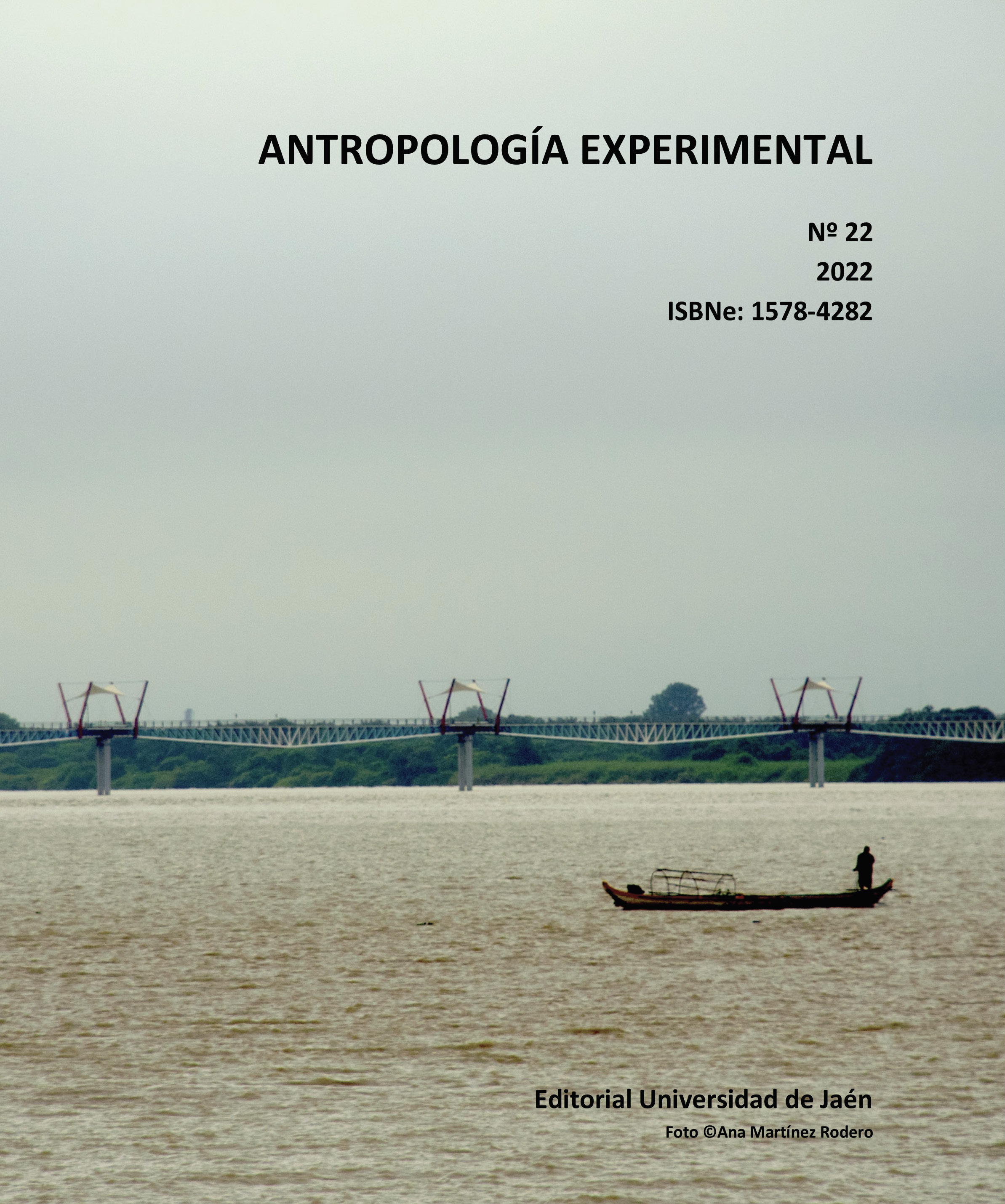Space and Taboo
DOI:
https://doi.org/10.17561/rae.v22.6597Keywords:
Space, totem, taboo, culture, languageAbstract
This essay is proposed as an introspection in the semiotic reflection on the rhetorical properties of inhabited space, from the position of what is known as taboo, a term extensively developed by Sigmund Freud. The inhabited space, due to the exclusivity of its architectural and urban conception, related to the syntactic and formal discourses promoted by academic language, closes the possibility of being read from its own cultural practices where its “hidden micro-discourses” can be readable. as established by the sciences of the sign such as semiotics and psychoanalysis. The design and aesthetic processes to materialize the inhabited space derive from fixed types and characters manifested in the design exercise, that is, from a spatial syntax that leads to rationalized encodings. For this reason, it is convenient to reflect on the elements that would allow us to recognize the role of the inhabited space with respect to the other systems of signs that are forged through the various practices of culture itself.
Downloads
References
Baudrillard, J (1971). La moral de los objetos. Función-signo y lógica de clase. Los objetos. Buenos Aires: Tiempo Contemporáneo.
Baudrillard, J y Nouvel, J (2001). Los objetos singulares. Arquitectura y filosofía. Buenos Aires: FCE.
Freud, S. (1999). Tótem y Tabú: Algunos aspectos comunes entre la vida mental del hombre primitivo y los neuróticos. Madrid: Alianza.
Hall, E. (2003). La dimensión oculta. México, D. F.: Siglo XXI Editores S. A. de C. V.
Páez Martínez, R. M. (2017). Casa-Morada: Hábitat de la familia. Revista Latinoamericana de Estudios de Familia, 9: 80-95.
Downloads
Published
Issue
Section
License
Copyright (c) 2022 Germán Darío Rodríguez Botero

This work is licensed under a Creative Commons Attribution 4.0 International License.
Responsabilidad de los autores: son responsables por las ideas y datos empíricos de los manuscritos, por la fidelidad de la información, por la corrección de las citas, por los derechos para publicar cualquier material incluido en el texto y por la presentación del manuscrito en el formato requerido por la Revista de Antropología Experimental. Un manuscrito enviado a la Revista de Antropología Experimental no debe estar publicado ni haber sido presentado en la misma forma a otro medio de publicación. Así, mismo, los autores reconocen que conocen y están de acuerdos con estas PAUTAS EDITORIALES Y FORMALES. La dirección de la Revista de Antropología Experimental está permanentemente abierta para aclarar cualquiera de los contenidos aquí citados u de cualquier otra índole que surjan en el proceso de publicación de los manuscritos.






